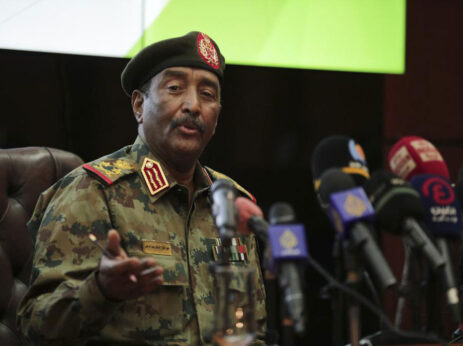
Sudanese security forces shot dead at least seven people and injured 140 more after thousands took to the streets in protest against Monday’s military coup.
Rallies continued in the capital Khartoum and in its twin city Omdurman as the masses heeded calls to defend the revolution and overthrow the military junta. They blocked roads as they demanded the immediate transfer of power to civilian rule.
The Sudanese Communist Party, which played a leading role in the mass movement that ousted President Omar al-Bashir in 2019, called on the people to stand firm.
“The revolution is a people’s revolution,” the party said. “This coup is completely rejected by the Sudanese masses.”
It demanded the release of all those hauled in by the armed forces in the aftermath of their power grab, including Prime Minister Abdalla Hamdok.
Coup leader General Abdel-Fattah Burhan said that some members of the ousted government could face trial, but claimed that the deposed prime minister was being held for his own safety and would likely be released soon.
“Revolution until victory,” the Communists said, as they urged popular forces to stay on the streets in defiance of a state of emergency.

Gen. Burhan dissolved the transitional government immediately after seizing power, though he promised on Monday evening that elections would take place in July 2023. He deployed troops to confront the furious reaction to the military coup, which saw workers at the Central Bank of Sudan walk out on strike.
There were scenes reminiscent of Bashir’s attempt to crush the democratic movement as soldiers attacked protesters.
Sudan’s ambassadors to France, Belgium, and Switzerland declared their support for “the heroic opposition” today, declaring their offices as “embassies of the Sudanese people and their revolution.” The United Nations Security Council continues emergency talks.
Tensions had risen between the military and civilian elements of the transitional administration in recent months, with accusations that the armed forces were dominating the government.
Street protests erupted as frustration grew over the slow pace of reforms and a neoliberal economic policy implemented at the behest of the World Bank and International Monetary Fund.










